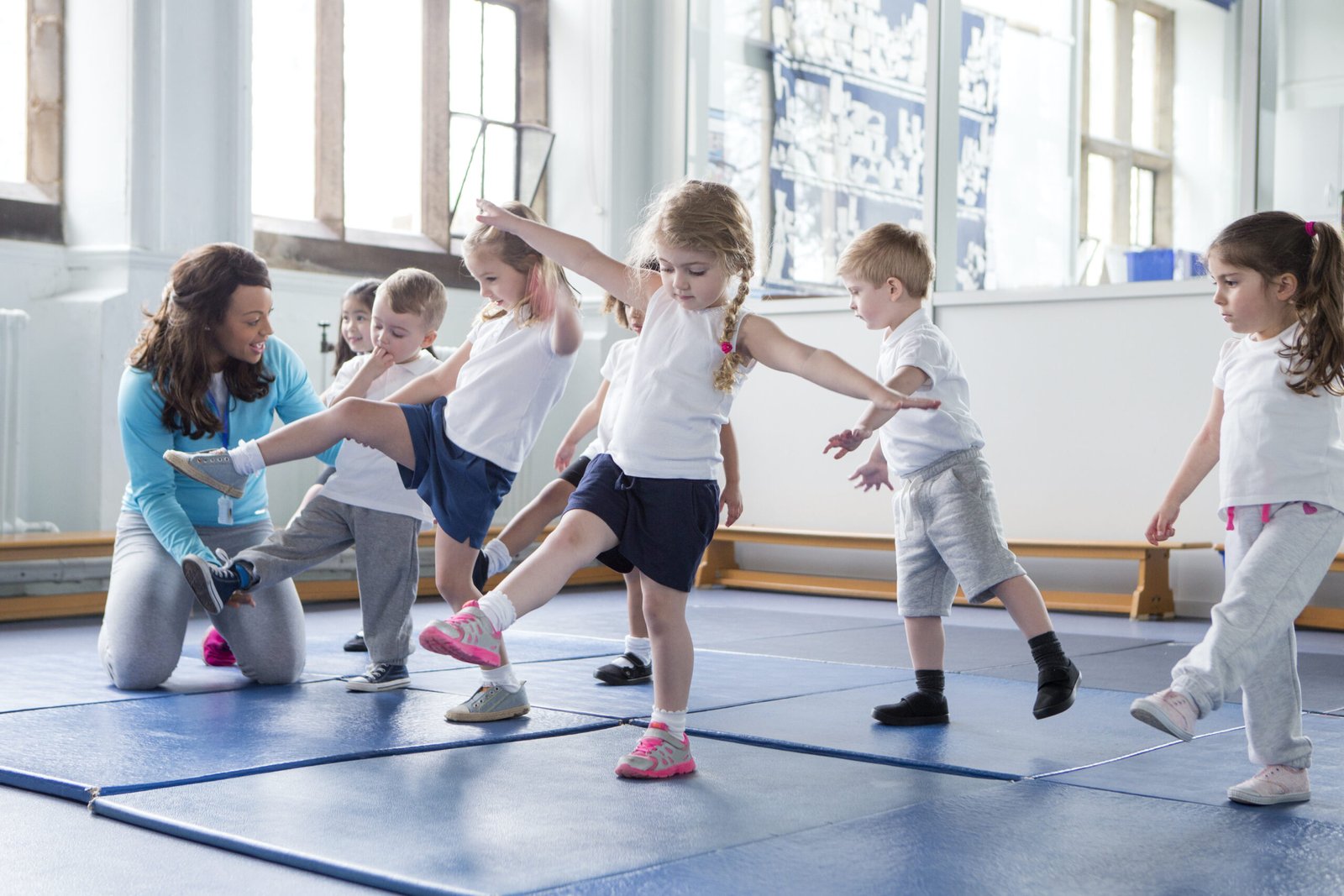With schools across Scotland now almost fully returned to sport activity after a near two-year gap, new research from the University of Sydney has shown a clear link between participation in school sport and academic performance – with a particular link to maths and science.
“Previous research suggests kids’ involvement in sport could have benefits above and beyond general physical activity because of the complex skills involved, however no one has combined the evidence on sport and academic performance before,” said lead author and prevention research analyst Dr Katherine Owen.
The research team from the University of Sydney’s Charles Perkins Centre reviewed, combined and analysed the results of 115 studies conducted worldwide (majority in the United States) with a total of more than one million students aged between about nine and 18 years.
They found that overall sports participation had a small positive effect on academic performance, but the relationship was strengthened when the sport was conducted during school hours and at a moderate dose of around one to two hours a week. The study is published in the journal Medicine & Science in Sports & Exercise Science.
“We think we are seeing this link because the sport is taking place immediately before the academic lessons and therefore could have an immediate effect on children’s attention and time on task; but we’d need larger, more comprehensive experimental studies to confirm that,” said Dr Owen. “We were also interested to see the main improvements were in maths and science subjects.”
“This is consistent with previous physical activity research suggesting skills learnt in sport, such as problem solving, are more commonly applied in maths and science subjects. However, it could also be due to gender differences, whereby boys tend to participate in sport at higher levels and boys also achieve higher grades in maths and science.”
Under the Australian curriculum, students from kindergarten to 16 years participate in a minimum of 150 minutes of planned physical activity across the school week. This time includes planned, weekly sport, although the amount of time spent in organised sport is not dictated. Schools are also encouraged to provide Years 11 and 12 (16-18yrs) students weekly access to a minimum of 150 minutes of moderate activity, including some vigorous physical activity and sport.
Key findings
The researchers found:
- Sport participation had a small positive effect on academic performance.
- Sport participation during school hours was even more beneficial for academic performance, compared to sport outside school hours.
- Sport participation was most beneficial for academic performance when at a moderate dose (one-to-two hours/week), compared with no sport or at a high dose (more than three hours/week).
- Sport participation was more beneficial for mathematics and science grades, compared to English and language grades.
The authors acknowledge some limitations to the study, namely that most of the studies assessed were of a low quality, often because of poor sampling or inconsistent measures of sport participation. However, the authors argue that the results of the review highlight the need for more high-quality research in this area.
“It appears that sport participation within the school environment and of a moderate dose could improve school-age children’s academic performance, particularly in mathematics and science,” the authors write. “However, if this field were to inform policy, high-quality studies are needed that provide insight into the effect of dose and sport characteristics on academic performance.”
Declaration: No competing interests or funding is declared.







Thought Piece from Charlie Raeburn for Reform Scotland